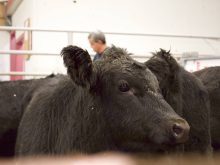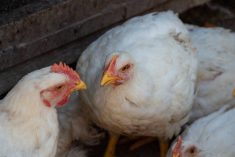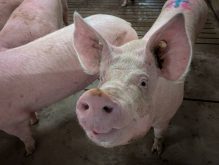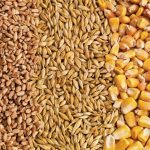Ranchers and farmers in Alberta who want to update or prepare an environmental farm plan (EFP) will now deal directly with the provincial ag department.
Delivery of the EFP program in Alberta is now co-ordinated through Alberta Agriculture and Rural Development (AARD) and “that’s the only real EFP program change,” the province said in a release Friday.
EFP support and development in Alberta had previously been delivered through the Alberta Environmental Farm Plan Co., an arm’s-length non-profit group set up in 2002 and backed by the former federal-provincial Agricultural Policy Framework, which expired in 2008.
Read Also
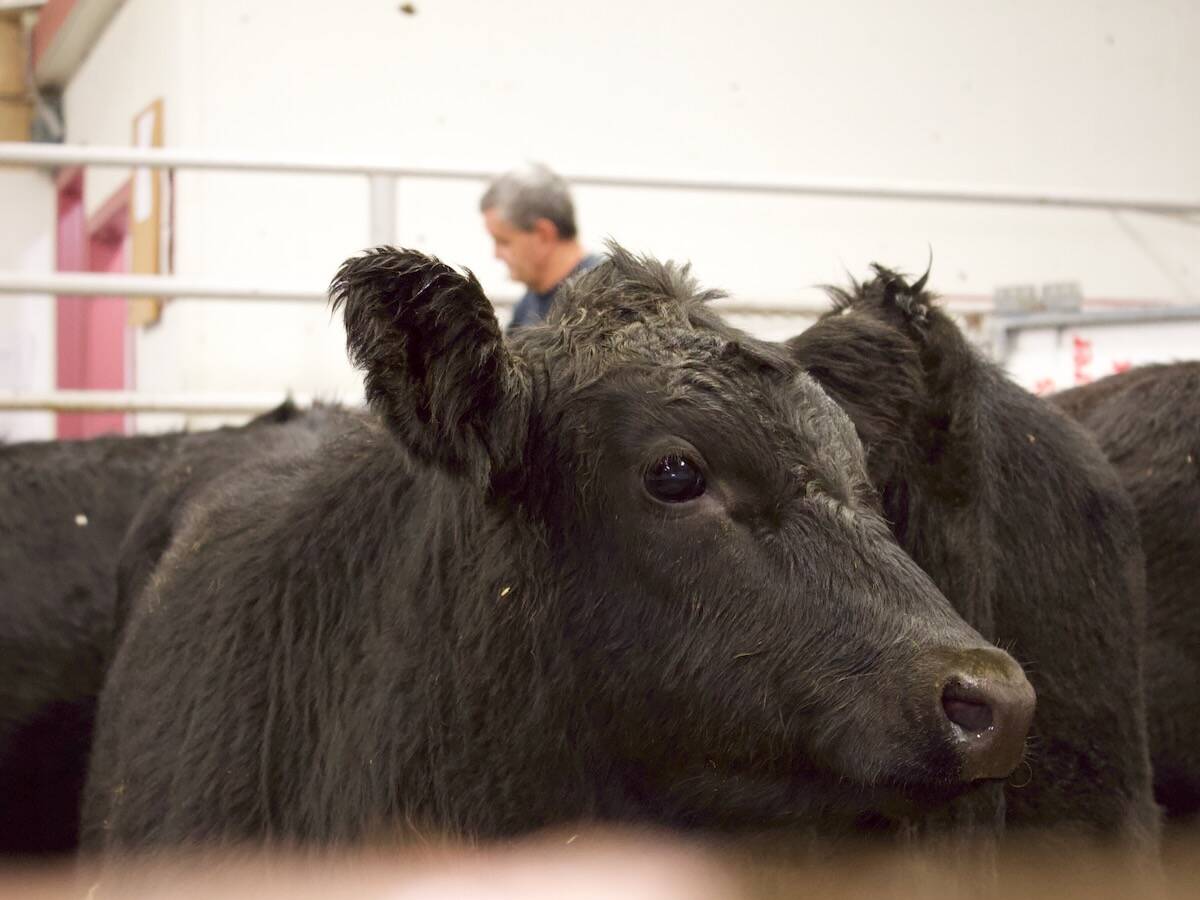
Cash incentive for CRSB Certified beef producers launched
The Canadian Roundtable for Sustainable Beef (CRSB) has launched an incentive payment for CRSB Certified producers.
Resource materials used and the technical assistance available to producers remain the same, AARD said Friday.
An EFP is a voluntary self-assessment process for farmers to determine strengths and weaknesses of their farming operation from an environmental perspective. Farmers can complete an EFP on an individual basis or by participating in workshops where available.
A paper version of the EFP workbook and a new CD version are available free of charge, the province said.
Alberta farmers wanting to begin the EFP process would now contact AARD’s Ag-Info Centre in Stettler toll-free at 310-FARM (3276, no area code needed within Alberta).
The farmer would then be referred to a local technical assistant. Producers learn the process and how to use the workbook to review all aspects of their operation and finalize their EFP. For example, one of the first steps in completing the EFP is to assess the farm’s soil and site characteristics.
The farmer can opt to submit his or her completed EFP plan to a qualified EFP technical assistant for a review and feedback. The plan is then returned with a letter of completion and any suggestions for improvement.
Progress
“The EFP is designed to be a living document,” EFP program spokesperson Perry Phillips said, “built to be implemented continuously from one year to the next according to the priorities the producer has established. Updating on a regular basis makes sense.”
Farmers “have documented real progress using the approach of revisiting and updating the EFP,” said Phillips, who serves in EFP training and support and previously worked with Alberta Environmental Farm Plan Co.
Farmers understand the value of environmental progress, he said, and will complete EFPs because they want to confirm what’s being done properly on their operations, and understand what’s required to meet current standards.
In some cases, the province noted, EFPs are done for business reasons, to apply for support under various programs, or to develop producer-based food branding efforts within set environmental standards for livestock or crop production.





